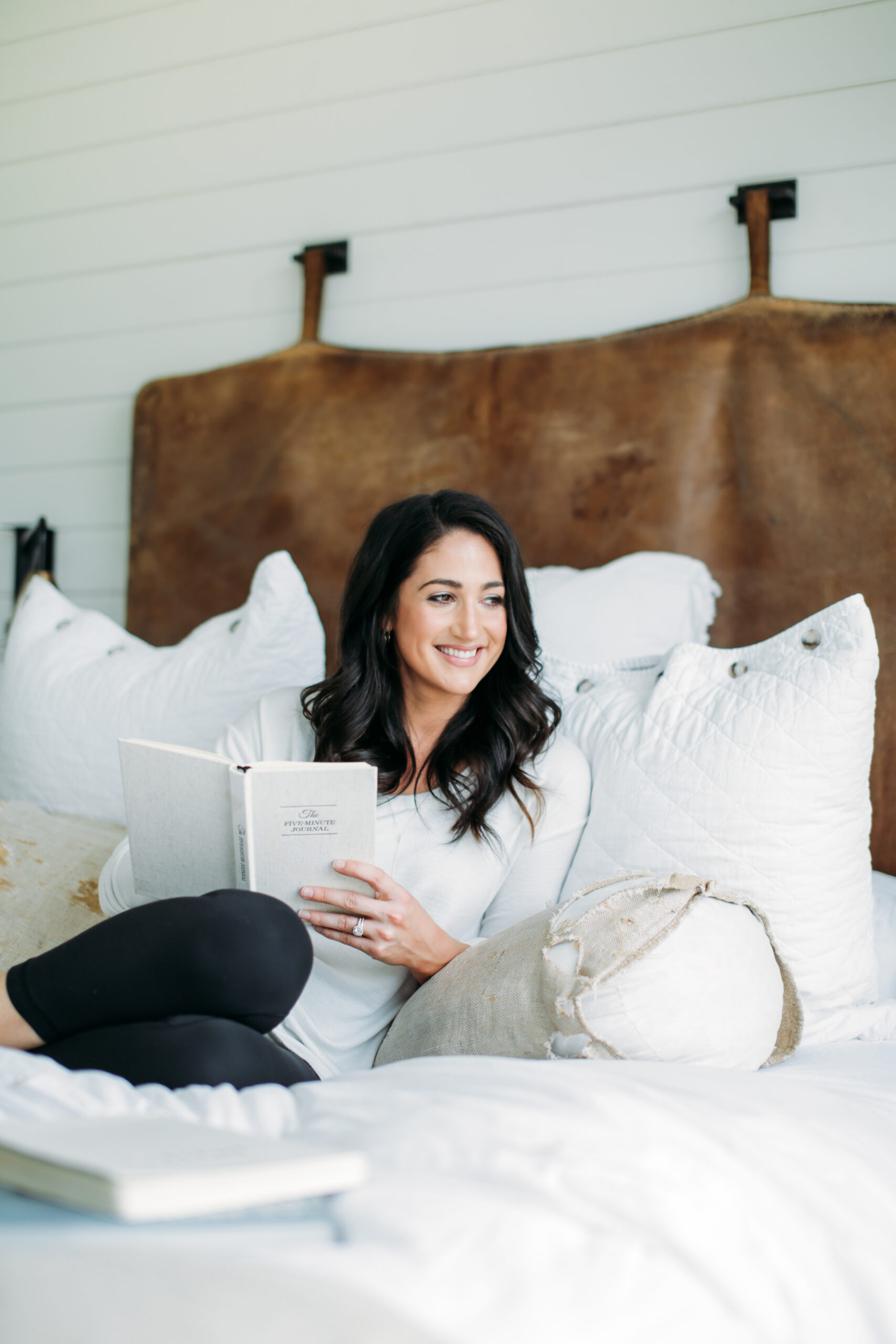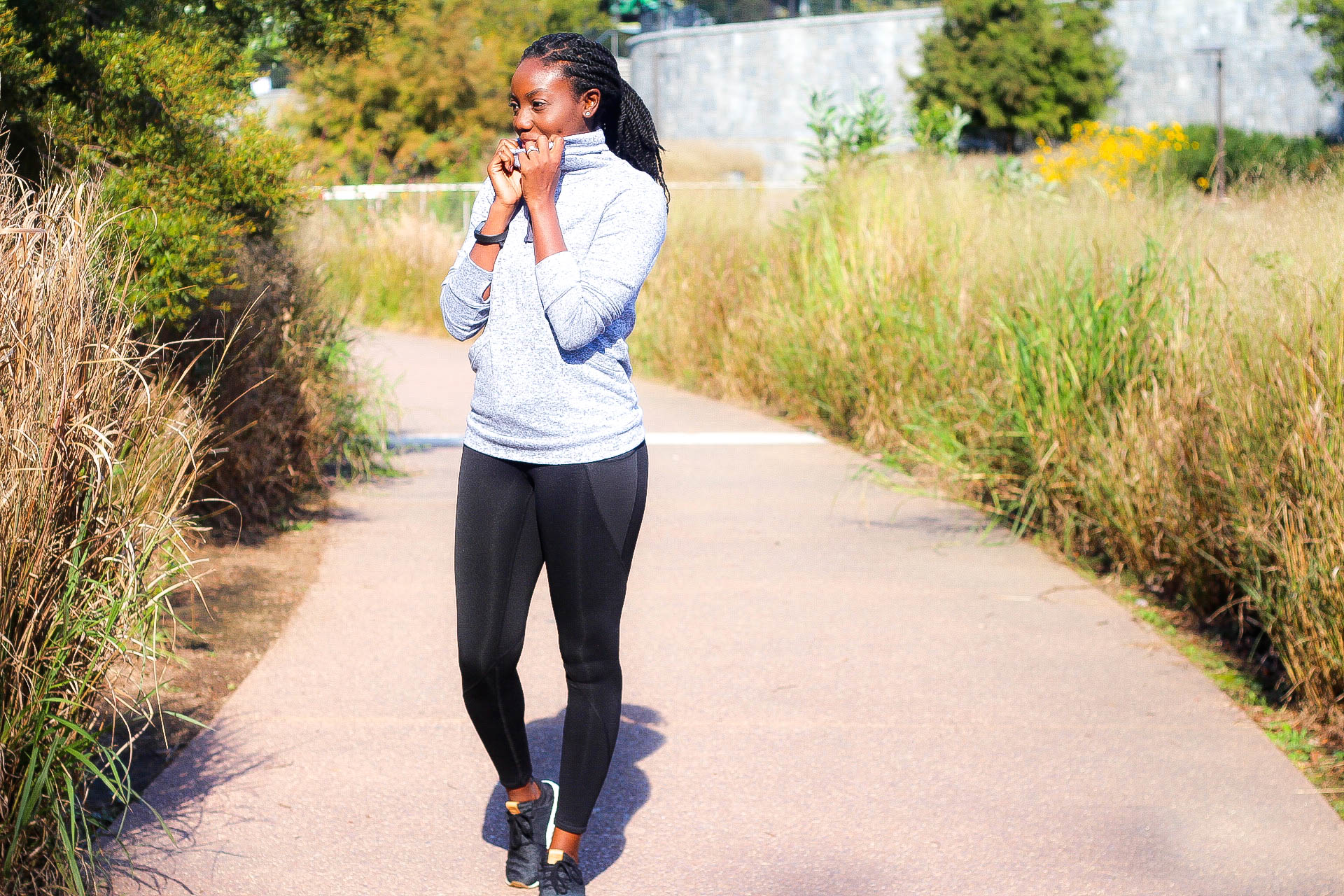
It Takes a Village – Featuring Jennifer Diaz
 You know what we’re ALL about! We’re here to help you have it ALL! And often times, “it takes a village” to accomplish things on your TO-DO list and feel your best. Today we’re continuing our new feature, “IT TAKES A VILLAGE” on our blog. When you see this title it means you’re hearing from another talented friend with MORE ideas to help you have it ALL.
You know what we’re ALL about! We’re here to help you have it ALL! And often times, “it takes a village” to accomplish things on your TO-DO list and feel your best. Today we’re continuing our new feature, “IT TAKES A VILLAGE” on our blog. When you see this title it means you’re hearing from another talented friend with MORE ideas to help you have it ALL.
Meet Jennifer Diaz. We met as featured health professionals at Nutrition Simply. Nutrition Simply believes wellness shouldn’t have to be complicated and being healthy should be doable, even fun!!!
In my last post I talked about how important sleep is when it comes to deciphering your hunger and fullness. It’s important to your overall wellness (and having it ALL!). Jennifer wrote a beautiful post on sleep (giving you even more info) that we think you’ll find helpful. She gives you lots of details about your sleep and tips to set up your own nightly routine for your best sleep ever! Take it away Jennifer…
“When it comes to feeling our best and thriving in our everyday lives, there are a few important factors that support us: Mindfulness, Nourishment, Movement, and Rest. I call these the four pillars of wellness, and I use them as a foundation for teaching my clients how they can benefit from and incorporate each one into their daily routines.
In my opinion, REST is one of the most underrated pillars. Efficient sleep patterns increase our ability to focus, strengthen our immune systems, allow our bodies to repair, regulate our hormones and appetite, improve our energy levels, and increase our ability to concentrate and retain information. Essentially, a good night’s sleep can help us make healthy decisions throughout our day, improving our entire wellbeing.
A healthy sleep cycle is about 90 minutes long, consisting of both NREM and REM stages/states. During these 90 minute cycles, our bodies are doing quite a few things that keep us feeling healthy throughout our day. Our cortisol levels lower, human growth hormone increases, our muscle tissue repairs and grows, and the energy in our body and brain is restored.
As important as it is, sleep is also one of the most lacking elements in people’s lives. Surveys have shown that at least 40 million Americans suffer from more than 70 sleep disorders, and 60 percent of adults report having sleep problems at least a few nights during the week.
Lack of sleep can cause many problems, such as daytime sleepiness, undesired weight gain, obesity, poor decision-making, interference with learning, and even automobile accidents. In order to feel well physically, mentally, and emotionally, we have to take our sleep seriously.
So how can we prioritize rest in a culture that glorifies busyness? After all, it’s clearly not always easy to actually get to sleep. One of the biggest barriers to a good night’s sleep is stress. Whether we have a deadline coming up at work, finances are tight, or we’re experiencing conflict in our relationships, internal stressors can create major roadblocks to quieting our minds and mastering the art of falling asleep. Other factors include the consumption of caffeine and alcohol, and the general characteristics of our sleeping space (amount of light, sound, temperature).
I’ve found that the best way for me to decrease my levels of stress, quiet my mind, and prep my body for rest is by following a relaxing night routine that supports quality sleep. Below are a few things I do that help me feel rested and productive throughout my days:
1. Put the Screens Away
Our bodies natural circadian rhythm is connected to the amount of light we’re exposed to. When we’re exposed to darkness, our brains decrease our body temperature and release hormones, such as melatonin, that are responsible for the feeling of sleepiness. However, when we use any electronic devices before going to bed, the blue light they give off delays the release of melatonin, causing us to feel “wide awake” instead of sleepy once we get in bed. By putting our screens away, we allow our body to naturally become tired and ready for rest. So my first step of my night routine is putting my phone away, shutting down the laptop, and turning off the TV about 30-60 minutes before my preferred bedtime. When it comes time to hit the hay, l’m tired and ready.
2. Prep For the Next Day
I find it a little easier to go to bed when I know I’m prepared for the following day. I’m not much of a morning person, so prepping a few things the night before makes a massive difference for me. I get my coffee ready and the timer set for it to start brewing when I wake up (self-timing coffee makers are one of the best inventions IMO), I set out my clothes for the next day, and have a full S’well water bottle on my nightstand. Those three things seem small, but I know I’ll have a smoother morning as a result of doing them the night before, which helps me feel accomplished and less stressed when I go to bed.
3. Do Things that Relax You
If you were to think about the way you’d prefer to end the day, what would that look like? How do you relax? For me, this means washing my face, drinking a cup of sleepy time tea, lighting my favorite candle, taking a few deep breaths, writing in my gratitude journal, and reading a few pages from whatever book I’m currently enjoying. Numerous studies show that reading is a great way to quiet your mind.
4. Invest in good quality PJs and Bedding
When it comes to getting a solid night’s rest, comfort is essential. Finding quality sheets, a good mattress, comfortable pillows, and PJs can make a world of difference. Since temperature plays a major role in sleeping well, it’s best to choose light, breathable fabrics to support a cooler environment. Having clothes that are designed for sleeping only can also help communicate to our bodies that it’s time to rest.
5. Shoot for Consistency
We operate best when we rise and fall at the same time each day. It’s actually best to wake up on our own, if possible. So finding a time when you can consistently go to bed and wake up is ideal for your body. If this is completely out of the question, try setting your alarm for 90 min cycles instead of a specific amount of hours. Also, as difficult as it may be, fight the temptation of the almighty snooze button when you’re waking up. According to psychologist Edward Stepanski, PhD, continuously hitting snooze in the morning diminishes the restorative value of rest, and the shortened sleep increments can cause daytime sleepiness. I do my best to wake up at 6am every day, which means I need to be getting to bed by 9:30 or 10pm. This is still a work in progress for me, but the way I feel when I succeed in this manner motivates me to continue to form this new habit!
My night routine has been a game changer for me and really helps me to feel and be at my best the next day. What’s one thing you can add to your evening routine to help you relax before bed?”
By Jennifer Diaz, repost from Nightly Routine.




